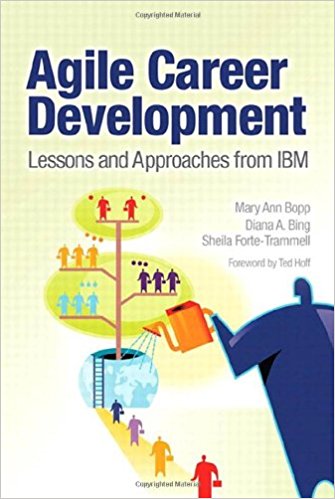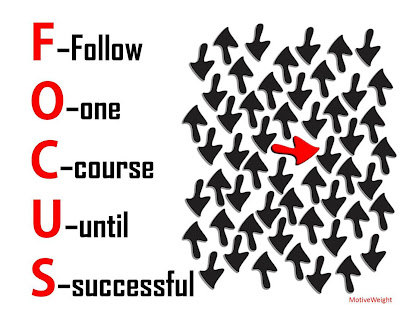“Enjoy life to the fullest — it has an expiration date.”
—Author Unknown

Image from SupermarketNews
When was the last time you went grocery shopping?
What strategies do you use to select the freshest and healthiest foods for yourself and your loved ones? If you are like me, you check the expiration dates or “best if used by” dates on items such as meats, dairy products, and other packaged goods.
Master shoppers, of course, always dig a bit further back or down on the shelves, knowing all stores rotate their newest shipments toward the rear and place foods that are sooner to expire up front.
EXERCISE:
Given your current life expiration date extending strategies, and the wonders of modern medicine, how can you improve your efforts to add many more years to your life, and of course, far more life to your years?









